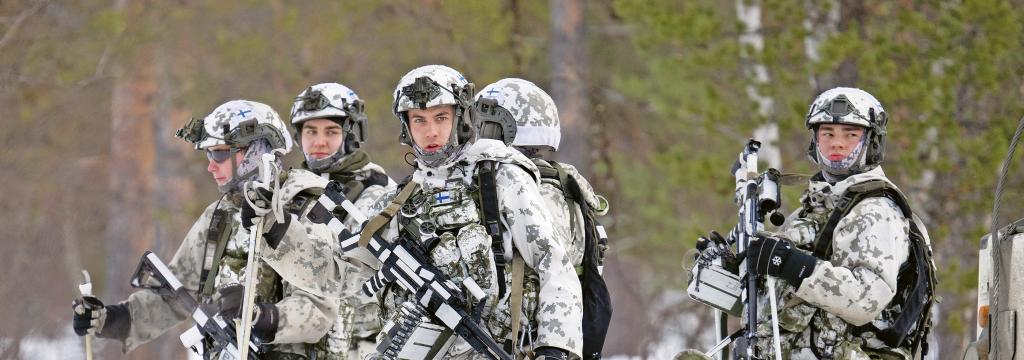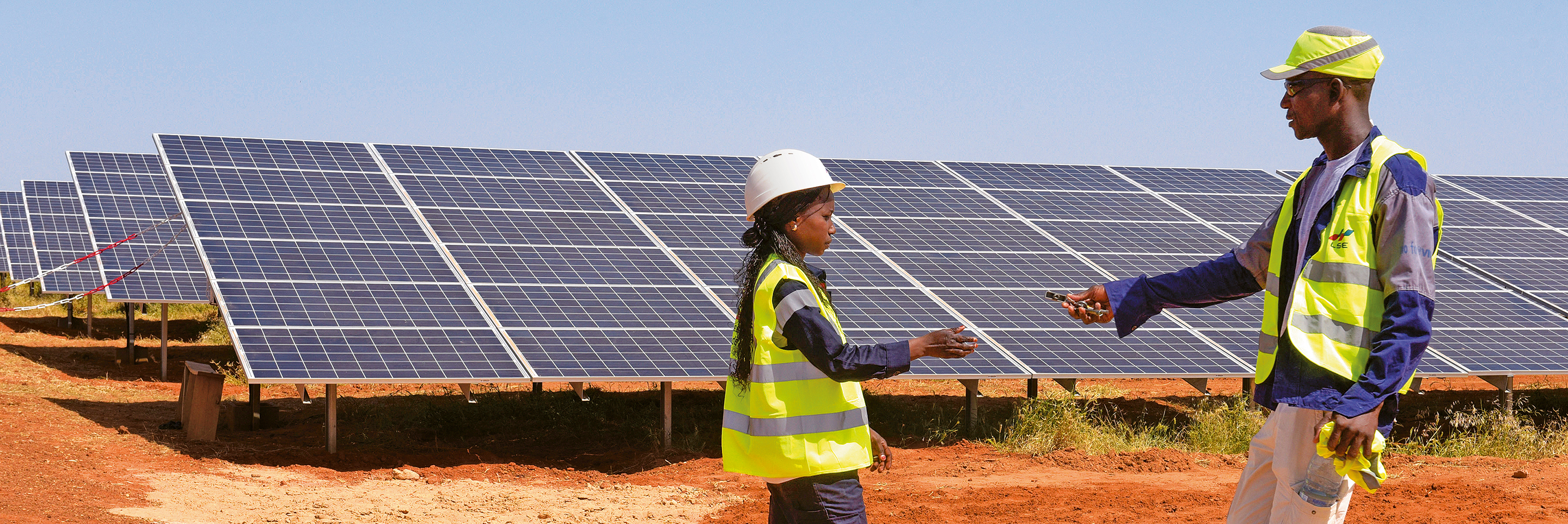Counterproductive. That seems to be an apt description of the impact of Russia’s invasion of Ukraine on NATO. Rather than reining in NATO enlargement, the Russian invasion of Ukraine has produced two new member states: Finland and Sweden. The consequences of this transformation will shake the Eurasian security structure for years and decades to come.
The transformation happened very quickly. Within weeks of the February 2022 Russian invasion, talks about Finland and Sweden joining NATO were under way. Finland’s application sailed through the process of ratification in record time. By April 2023, the Finnish flag was hoisted at NATO headquarters as a sign that the 31st nation had joined the alliance. Sweden followed less than a year later. When NATO celebrated its 75th anniversary on 4 April 2024, it was difficult not to be impressed by what clearly was a record of success: from 12 states in 1949 to 32 in 2024, half of which had joined NATO since the collapse of the Soviet Union and the end of the Cold War. A growth chart to behold!
The addition of the two countries has major implications for NATO. Finland and Sweden may have low population density, but their combined landmass is roughly the same as that of France and the UK combined. Finland’s membership more than doubled NATO’s border with Russia. The addition of Sweden meant that the Baltic Sea effectively became a “NATO lake”.
How will this geopolitical shift in the High North affect NATO and its relations with Russia? It is impossible to make a foolproof prediction. But a few points seem likely.
First, future reconciliation between Russia and NATO is even less likely than before. The Finnish President, Alexander Stubb, poignantly notes that there is no political relationship between Helsinki and Moscow. He has openly called for all NATO countries to increase their defence spending in preparation for (and avoidance of) the worst-case scenario. Russia has made it clear that the Nordic enlargement is a hostile act. It will take time before diplomacy can be revived.
Second, NATO’s unity will continue to be tested by both external and internal factors. New member states add new concerns. Finland and Portugal will never have identical security interests. Moreover, domestic political changes will further test NATO’s current consensus. In particular, the outcome of the US elections in November 2024 will have a major impact on the nature and durability of America’s commitment to a joint allied effort.
Third, pressure will grow to “make a deal” that, one way or another, will compromise Ukraine’s interests and sovereignty. The specifics of such a deal are impossible to predict, but its likelihood is growing by the week.
NATO’s Nordic enlargement was a consequence of Russia’s invasion of Ukraine. It happened quickly, and it has certainly changed the strategic outlook in the High North. Ironically, the impact of the enlargement on the war in Ukraine remains limited.
This article was published in Globe #33, the Graduate Institute review.





